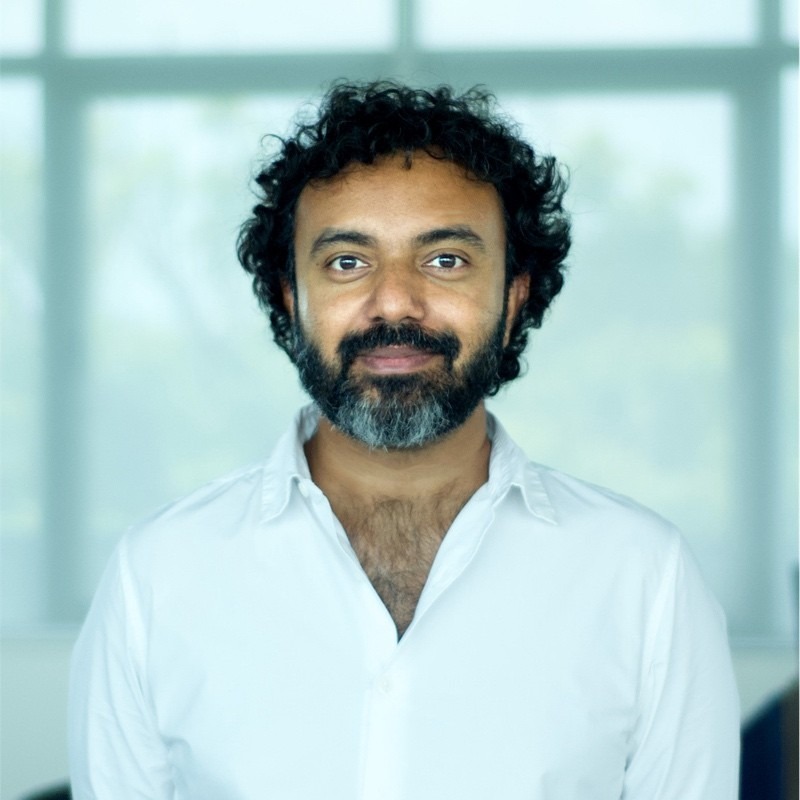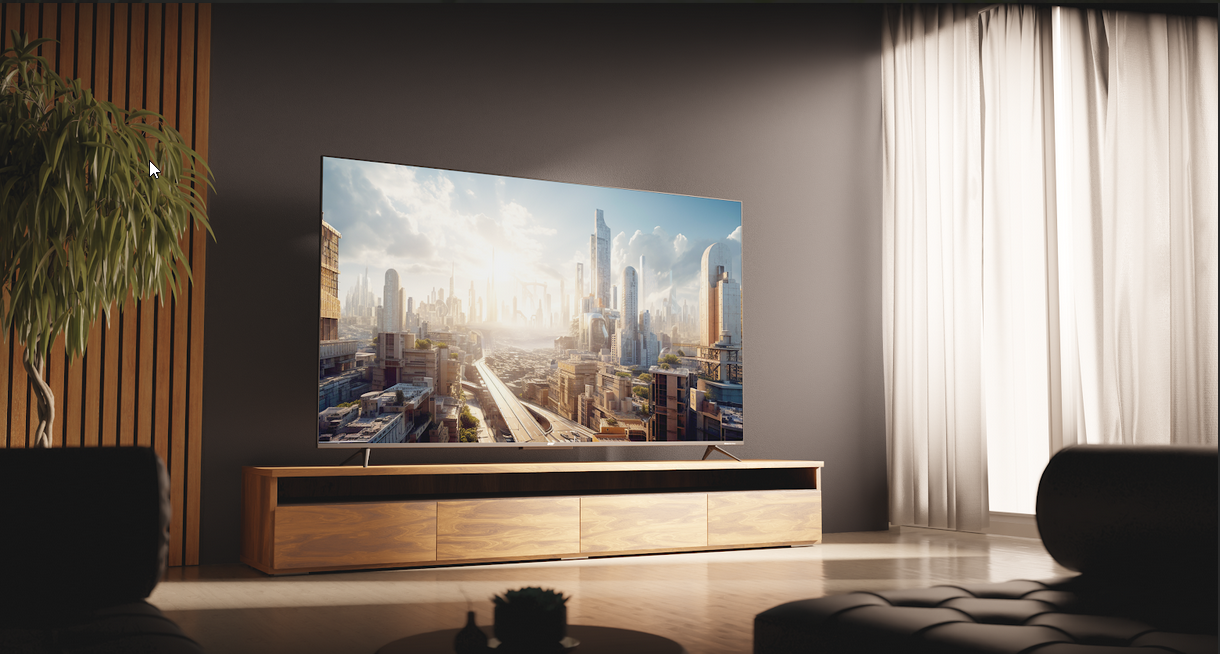Vaibhav Tewari, Co-founder, and COO, Portea Medical, is also a coach, a mentor, and a judge at many Industry events like Power of Ideas (ET), TiE Entrepreneurship events, NEN, IBM SmartCamp, Women Entrepreneurship Quest, IITK fest, and SLP, etc. He also is an accomplished speaker at many forums/ events and has published numerous papers and articles with many leading publications over the years.
Portea Medical is Asia’s largest and fastest-growing in-home healthcare provider with a 24-city network and 4500+ staff who handle ~1,20,000 in-home visits in a month.
Vaibhav explains on Portea Medical being Asia's largest and fastest-growing in-home healthcare provider, “It's a seven-year-old journey, we started in the middle of 2013. The whole idea at that time was, there were very good quality corporate hospitals with good quality of health care available to patients. But outside the hospital or healthcare landscape, there was a tremendous need for patients, which was not probably getting fulfilled in the best possible manner. There are patients looking for high-quality service and are also willing to pay for it. So we thought of creating something which will basically serve the patient's needs after they are discharged from the hospital and can be catered with the same quality with the same medical standards, as you see in the top hospitals. So we were the first one to organize that, and provide preventive services to customers in their place of choice, which could be their homes, offices, and so on. Portea started the first organized home health care services under four key verticals from the healthcare perspective:
Postoperative care – Post-surgery patients require rehabilitation and other support services at home. Primary care - We saw a tremendous need and demand for services like physiotherapy, health checks for Doctors, consults for vaccination, etc. Eldercare - India has a fairly large 60+ population, the aging population is close to 120 million. So that's again, a very large number. Chronic disease - India also has numerous people who have chronic diseases like diabetes, hypertension, sleep apnea, and so on.
So we looked at these four key verticals and started building services step by step, and then we built out our complete range of services over a period of time. How we have become the largest in this particular space is because the biggest driver for us has been our patients and our customers. The first set of services were all driven by the needs, which we discovered while working with the patients, after that we added diagnostic capabilities, medical equipment, pharmaceutical services, elder care all of those things came out of our interactions with the patients. So for us, the patient has been the center of the universe and all the needs of their health from a healthcare perspective, which you can fulfill, we have continuously built on three things that are availability, reliability, and quality of service. To build the right scale over a period of time, we decided to work with all the key stakeholders, ecosystem players and could provide this range of services so we tied up with all the large hospitals, worked with key opinion leaders, reached out to customers directly; we are one of the largest spenders probably from a B2C perspective on digital media in the initial few years to create some of these services as categories and then start working with the corporates, insurance companies, and pharmaceutical companies to make sure that our capabilities, our range of services are being used by every stakeholder for their patients and customers to offer the best services. One other big differentiation for Portea is that we are very innovative, entrepreneurial in our culture and that has helped us to continuously try out new things, fail at some, become very successful in some others, and continuously grow. So I would say that's the journey. We are around 4000 people, present in 22 cities, adding a lot more cities doing almost 1,50,000 patient visits a month to their homes, and over 1.5 million hours at the patient’s home, and that’s where all the learnings and innovation comes from” he says.
Patient needs are very important
Vaibhav sheds light on the subject, “The two parts which have worked quite well one is that patient needs are very important. So when we as a company work with the discharged patients, we see what kind of ailments they had, what surgeries they have undergone, what requirements they have and we also work with the healthcare ecosystem like hospitals, key opinion leaders and understand from their perspective as what other services they would like to offer to their patients once they're discharged. ICU care is a good example. We added ICU care at home around a couple of years back. And the whole idea was that patients who are in the hospital in the ICU, either for their end of life care or for the rehabilitation once the procedure is done, can be at home because they will recover faster at home so we worked with the top hospitals, top intensivist and, and the department heads for solutions we can provide to these patients. So we offered the complete range of ICU set up at home, which includes a ventilator, 24x7 monitors, a trained - critical care nurse, a doctor available at the back end to support any of the escalations and patient needs along with the treating doctor at the hospital and that is how we work with closed-loop feedback with them. We make sure that the doctor understands where we stand, how the patient is doing, and whether the patient needs not to go back to the hospital, so that is something that has played out very well. At any point in time, Portea is operating around 100-250 ICUs at home and the patients are benefiting from it. Also, COVID has been a game-changer as during COVID times, for example, cancer patients who are vulnerable, do not wish to go back to the hospitals. So we have been offering complete oncology support services at home including chemotherapy. Then we work with the large elderly population, both for their post-operative care as well as for their general duty assistance, for the elderly patients who require support at home with their daily living needs or dementia care, Alzheimer care, we have been offering our services. We are serving approximately 200-250 patients with dementia care at home. So that's again, something which has grown significantly, and we have been able to create real value for our patients in terms of how well they can be taken care of at home,” he says.
Home isolation program for COVID patients
Vaibhav explains, “In fact, during COVID times, we worked with many state governments and created this whole ‘home isolation program’, which is a combination of our remote health care management services and government support in basically doing all the on-ground support. We started this program, the first of its kind along with the Delhi government in early May after the government allowed for asymptomatic and low symptom COVID patients to be taken care of at home under a home isolation program. And after that, we launched that program in which seven different state governments have managed over 2,50,000 patients in home isolation for COVID support during the peak of lockdown. We got the whole team together with doctors, nurses, healthcare workers available around the clock, with our patient engagement platform as the backbone where all the patient details were taken care of. So this has been a big support in COVID management for the country and we are very happy that we could do something for the country in this hour of the largest healthcare crisis,” he says.
The role he enjoys the most
Vaibhav shares his thoughts, “I enjoy building teams, building businesses, grooming people, mentoring people, coaching people all which is core to building any business, because people are the ones who finally do what they have to do and if you can build the right team, groom the right team, that's something which works out the best in the long term. I have been involved with a few startups as well to support them basically in their growth path, both from mentoring, coaching as well as business coaching perspective, and I am glad that at least 3 - 4 companies have done quite well. That's something which probably gives me the maximum joy in all my day-to-day working,” he says.
Sharing his successes and failures with the people
Vaibhav talks about his journey, “It has been a fulfilling journey in that sense because from a mentoring or judging perspective, whatever I've learned in my own limited way, from my startups that have worked well or have failed, I try to pass on my learnings as much as possible to the people within the system and like-minded people outside, wherever I get to interact with them I share my knowledge,” he says
(Edited by Rabia Mistry Mulla)

 “Portea with the support of the Delhi Government started a home isolation program and handled 2,50,000 patients for COVID support during the peak of lockdown,†says Vaibhav Tewari, Co-founder and COO, Portea Medical.
“Portea with the support of the Delhi Government started a home isolation program and handled 2,50,000 patients for COVID support during the peak of lockdown,†says Vaibhav Tewari, Co-founder and COO, Portea Medical.









.jpeg)


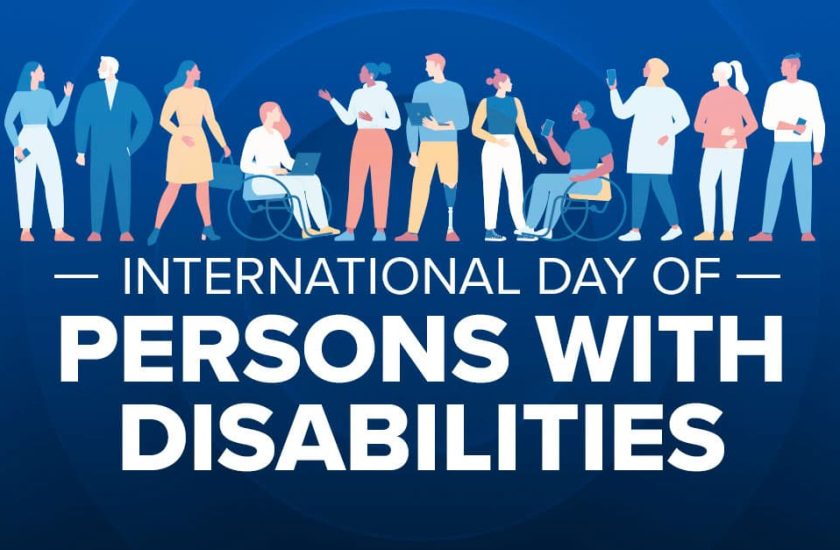


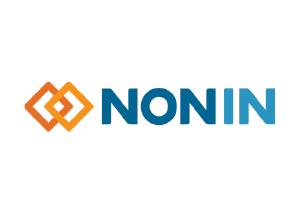
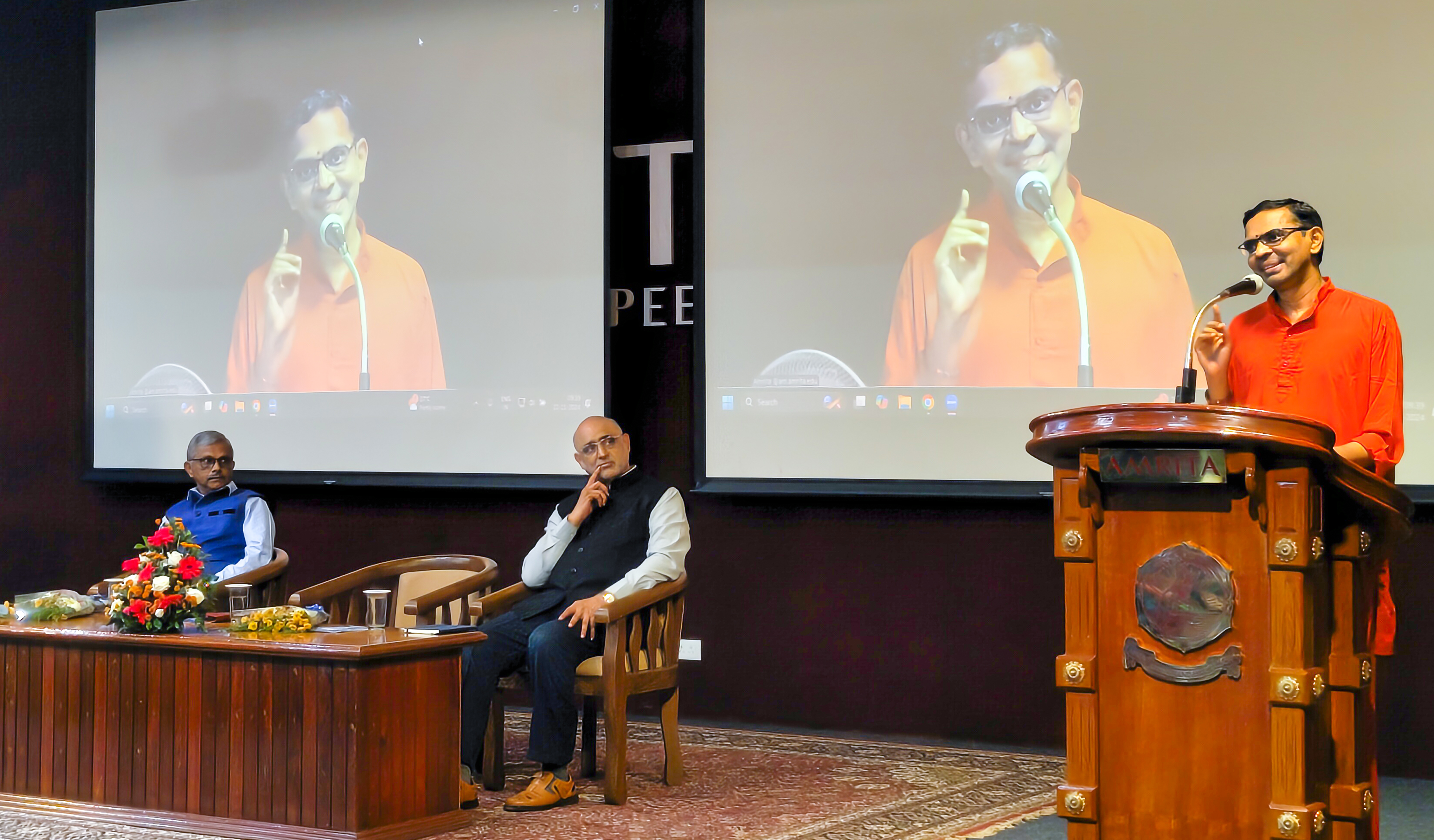
.jpg)
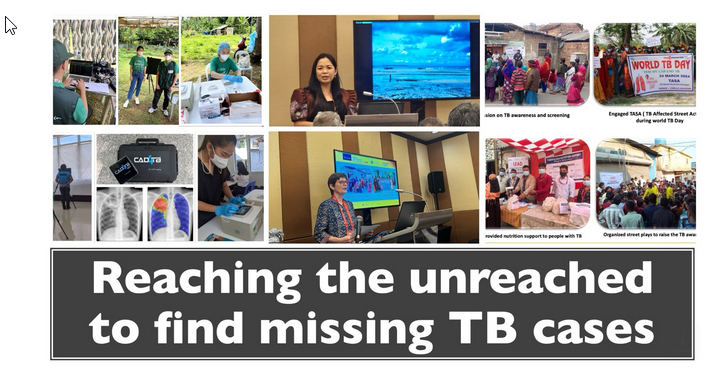



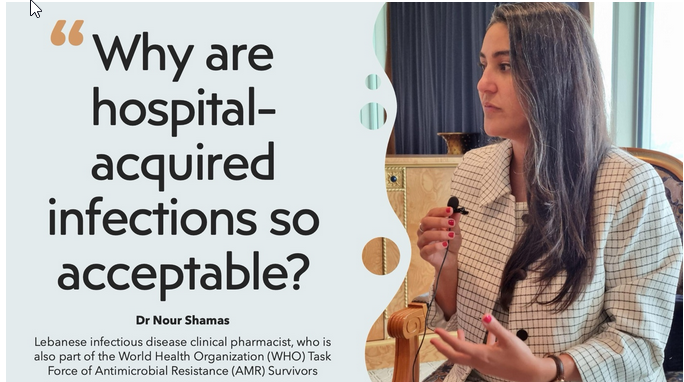
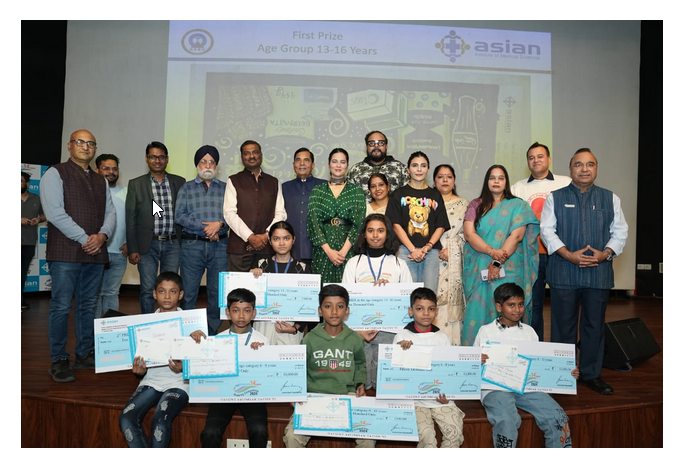
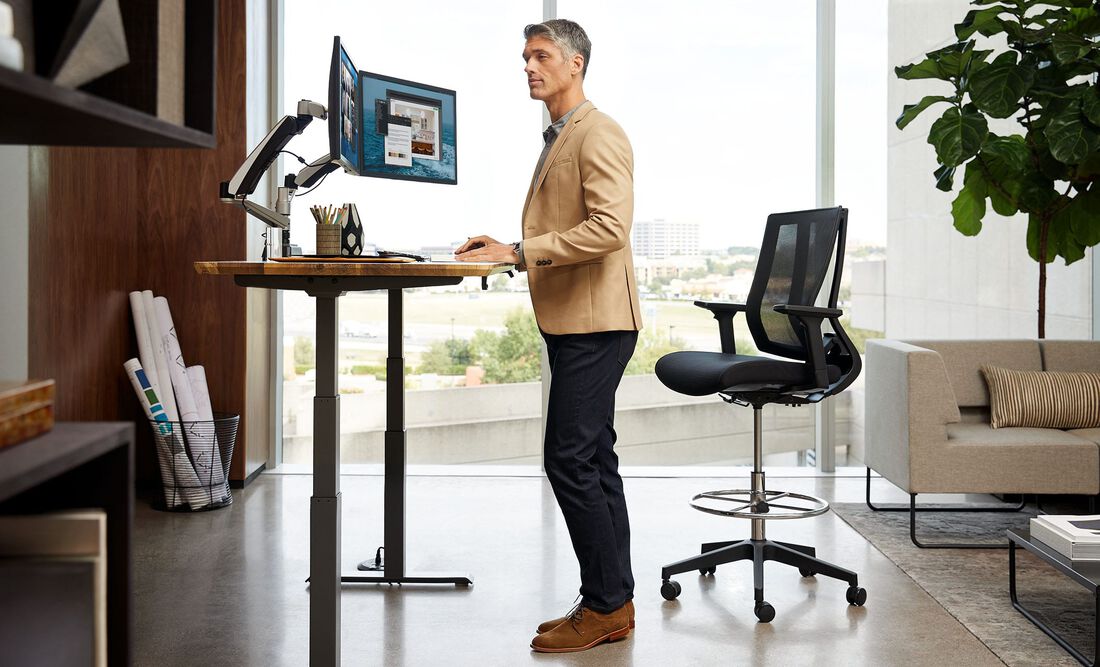
.jpg)



